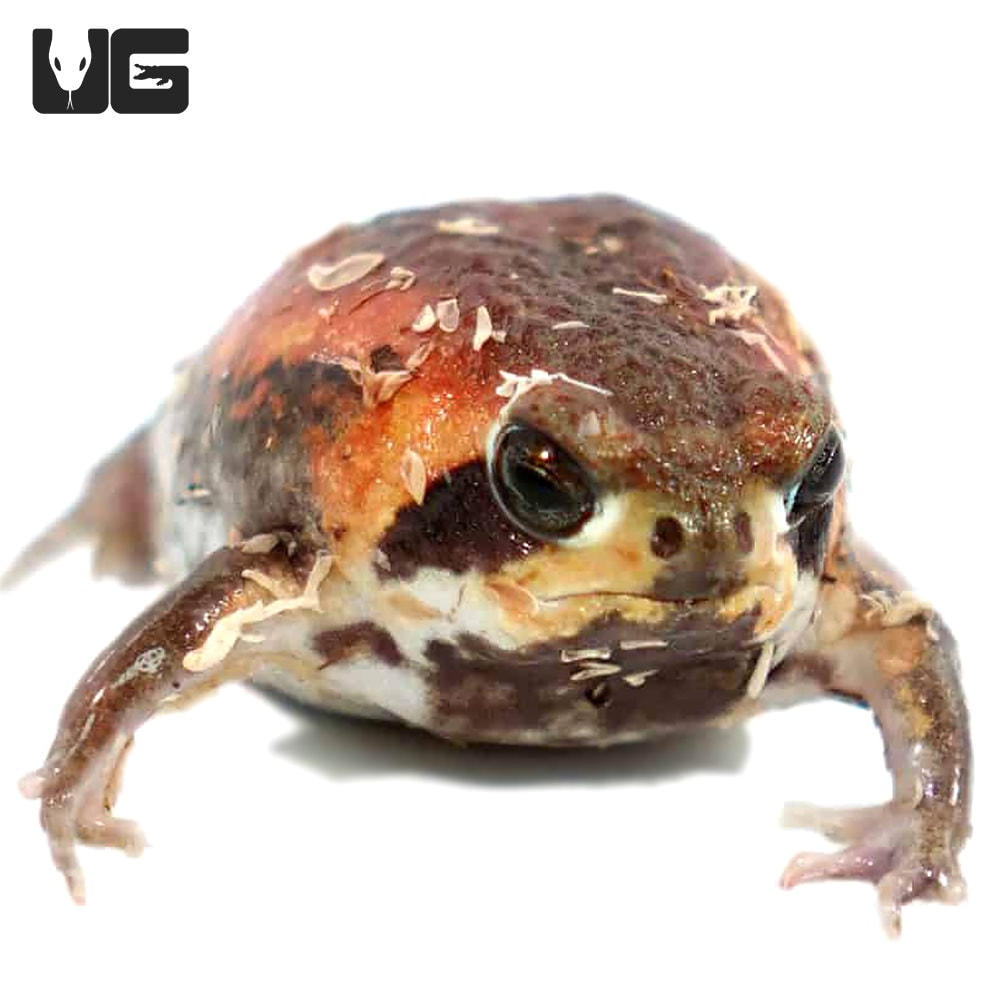Common Wellness Issues in Reptiles: Signs And Symptoms and Solutions
In the complex world of reptile treatment, comprehending the typical wellness concerns that may affect these one-of-a-kind animals is vital in ensuring their wellness. Whether it's grappling with parasitical invasions, browsing dehydration issues, or addressing skin conditions that show up in subtle means, being attuned to the symptoms and outfitted with the knowledge of efficient solutions is necessary for any reptile owner.
Respiratory Infections
Breathing infections in reptiles can significantly influence their overall health and call for timely interest from experienced veterinarians. These infections are generally brought on by viruses, germs, or fungi and can manifest through signs and symptoms such as wheezing, nasal discharge, open-mouth breathing, and lethargy. In reptiles, respiratory system infections can be specifically challenging to diagnose and deal with as a result of their one-of-a-kind makeup and physiology. Vets commonly depend on a combination of physical exams, diagnostic imaging, and lab tests to accurately determine the underlying reason for the infection.
Treatment for breathing infections in reptiles generally involves a combination of supportive treatment, such as keeping appropriate humidity levels and temperature level gradients in the room, as well as targeted medication to deal with the details microorganism responsible for the infection. It is important for reptile owners to monitor their pets very closely for any type of indications of breathing distress and seek veterinary treatment at the earliest indication of a concern. With prompt treatment and proper treatment, numerous reptiles can recoup fully from breathing infections and resume normal activities.

Metabolic Bone Illness
What variables add to the growth of Metabolic Bone Disease in reptiles?
Metabolic Bone Condition (MBD) in reptiles is largely brought on by an absence of proper calcium, phosphorus, and vitamin D3 degrees in their diet plan. When reptiles do not obtain appropriate calcium, either via their food or proper UVB exposure for vitamin D3 synthesis, they go to a high risk of developing MBD. Reptiles with diets reduced in calcium or imbalanced calcium to phosphorus proportions are particularly vulnerable. Additionally, poor exposure to UVB light protects against reptiles from manufacturing vitamin D3, which is vital for calcium absorption and bone wellness.
Other contributing variables to MBD include improper temperature level gradients within the reptile's environment, resulting in lowered metabolic process and impaired calcium absorption. Insufficient humidity levels can likewise influence a reptile's capacity to metabolize calcium successfully. Furthermore, specific reptile types have details dietary demands that, if not satisfied, can raise the possibility of creating MBD. Normal veterinary examinations, proper husbandry practices, and a well balanced diet regimen are necessary to prevent Metabolic Bone Illness in reptiles.
Parasitic Infestations
Parasitical problems position a significant health risk to reptiles, influencing their general well-being and requiring prompt vet interest. Reptiles can be affected by numerous bloodsuckers, consisting of mites, ticks, internal worms, and protozoa. These parasites can cause a series of symptoms, such as fat burning, sleepiness, skin irritation, diarrhea, and even death if left neglected.
One typical parasite found in reptiles is the my explanation mite, which can trigger skin inflammation, anemia, and stress. Ticks are one more external parasite that can trigger and transmit illness pain to the reptile. Internal bloodsuckers like worms and protozoa can bring about digestive problems, lack of nutrition, and damage the reptile's body immune system.
To detect a parasitic infestation, a vet may carry out fecal examinations, skin scrapings, or blood examinations. Therapy often includes deworming medicines, antiparasitic bathrooms, or in serious instances, hospitalization. Preventative steps such as routine veterinary exams, correct health, and quarantine procedures for brand-new reptiles can help decrease the danger of parasitical infestations and guarantee the health of reptile pets.
Dehydration and Hydration Issues
Dehydration in reptiles can substantially influence their wellness and health, requiring prompt intervention and ideal hydration monitoring. If left unattended, dehydration can lead to serious wellness problems and even be fatal to the reptile.
To avoid dehydration, reptile owners need to ensure that their pet dogs have accessibility to clean water in any way times. The water recipe must be large sufficient for the reptile to take in if needed, especially for varieties that absorb water via their skin. Additionally, maintaining appropriate moisture levels in the reptile's room and giving regular bathrooms can aid protect against dehydration.
In cases of dehydration, it is crucial to seek veterinary care quickly. A veterinarian might provide liquids either orally or via shots to rehydrate the reptile. It is essential to deal with the underlying reason for dehydration to avoid recurrence and guarantee the basics reptile's general well-being.
Skin Ailments

Final Thought

Respiratory system infections in reptiles can significantly affect their general wellness and call for punctual focus from seasoned vets (rain frog for sale). Preventative measures such as routine veterinary exams, proper hygiene, and quarantine treatments for brand-new reptiles can aid minimize the danger of parasitical problems and ensure the wellness of reptile family pets
If left unattended, dehydration can lead to serious wellness concerns and even be fatal to the reptile.
Frequently inspecting your reptile for any kind of adjustments in skin appearance, structure, or shade can help in very early discovery and therapy of skin ailments, promoting the total health and wellness and health of your scaly buddy. - rain frog for sale
In verdict, reptiles are susceptible to numerous health problems such as respiratory system infections, metabolic bone disease, parasitic invasions, dehydration, and skin disorders.